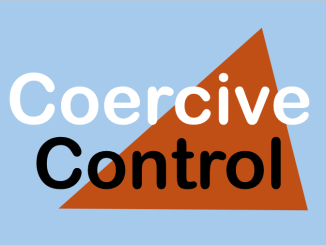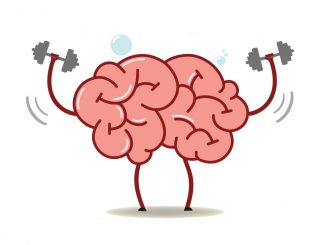I don’t think anyone will be surprised to read that humans need gentle touch and social connections to enhance our mental health.
Despite this seeming to be common knowledge, researchers have now proven the value of both.
Researchers from the University of Konstanz in Germany and the Oxford Brookes University in the UK found that in an increasingly stressful world mental health is in decline, but the power of touch and social connections helps people to cope.
And it is this gentle touch, often referred to as an affective or consoling touch, that brings many health benefits, including stress and pain reduction, and the evolution of cooperation, which help us feel more connected to others.
The team synthesized evidence from the animal kingdom to highlight the key role of touch in animals for the evolution and persistence of friendships and cooperation.
“The word “cooperation” is used for many behaviours where the involved individuals benefit, but not all such behaviours are done out of kindness, or because we are bonded to the other individual.
“Cooperative behaviours occur along a spectrum, for example, animals like impalas groom each other reciprocally, to remove the parasites off their necks that they can’t reach themselves. Thus, this is a very transactional behaviour.
“On the other side of the spectrum, animals like marmosets, live in family groups and group members do everything together regardless of immediate direct benefits. Thus, marmosets are very prosocial in most aspects of their lives.” – Miya Warrington from Oxford Brookes University.
In social species, the caring touch offspring receive early on in life sets a dynamic in motion that continues into adulthood, this includes close social bonds, not just in the context of families, but also with other adults, in partnerships and friendships.
The researchers believe the link between caring touch relates primarily to the release of hormones including oxytocin and vasotocin which play an important role in the process.
So, if I can transpose this over what I see regularly in counselling, especially in relationship counselling, when we become stressed and upset with each other we are less likely to do the things that might help us improve the situation.
We stop choosing to do the kind thing, we start being emotional and reactive, communication becomes destructive, and, more often than not, we stop touching and holding each other.



